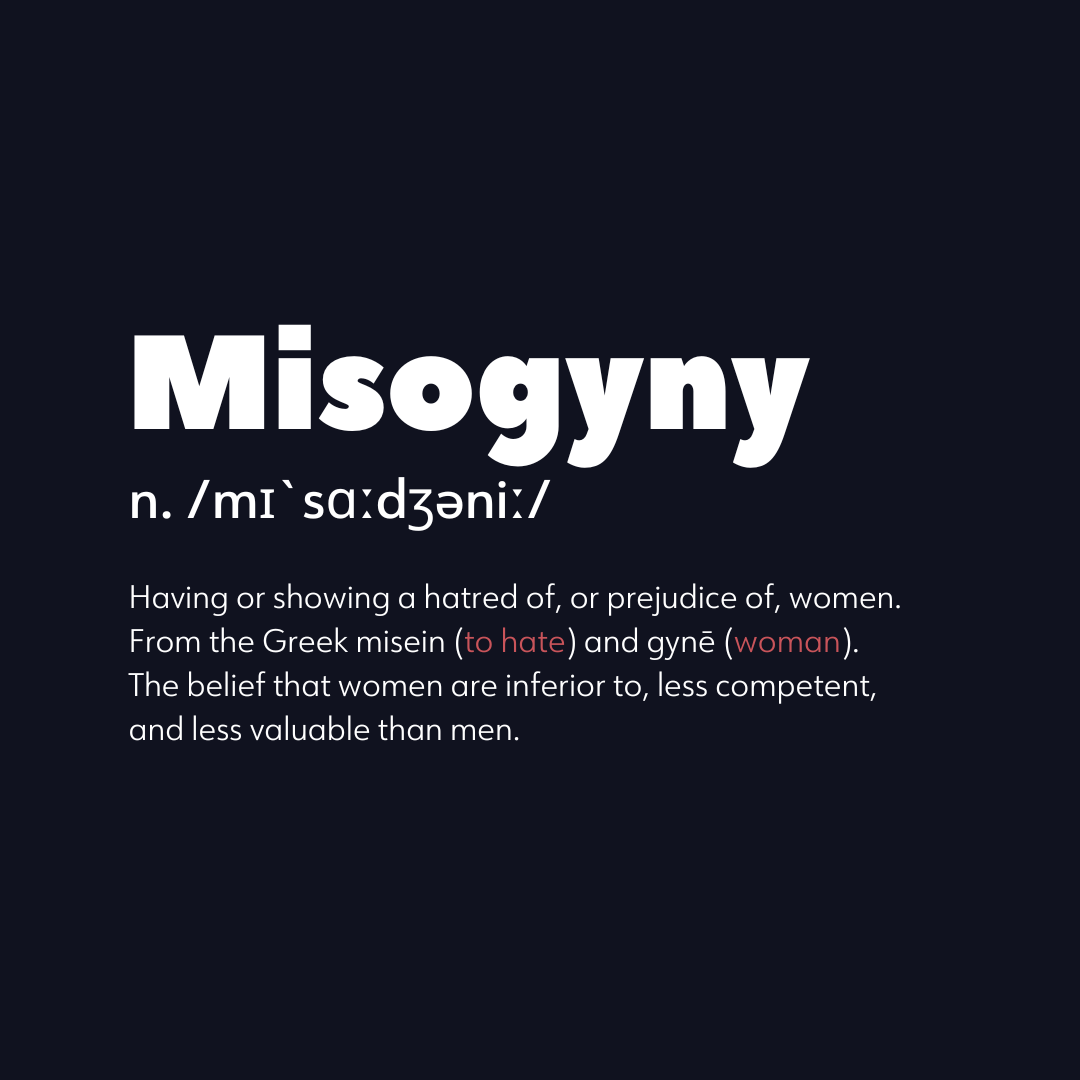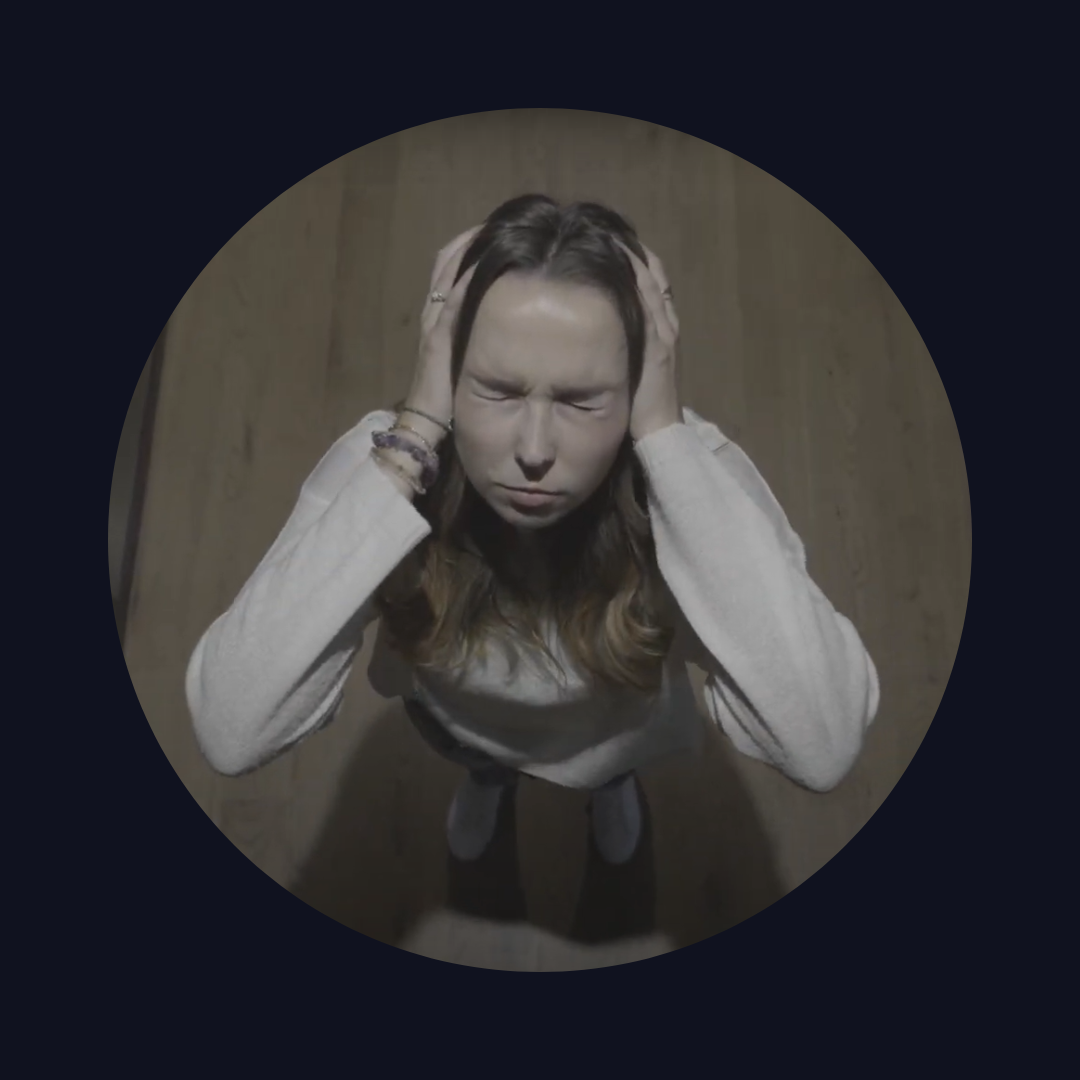33 % of women
Estimates indicate that globally about 1 in 3 women worldwide¹ have been subjected to either physical and/or sexual intimate partner violence or non-partner sexual violence in their lifetime. Most of this violence is intimate partner violence. Worldwide, almost one-third (27%) of women aged 15-49 years who have been in a relationship report that they have been subjected to some form of physical and/or sexual violence by their intimate partner.
¹Andersson, V. et. al. (updated, 2023) “Domestic Violence [Statistics and Facts]”. Accessed at https://bedbible.com/domestic-violence-statistics/
5 countries
EDYN members from Albania, Georgia, Moldova, North Macedonia, and Slovakia joined as the first representatives of the #nohategeneration. After discussing the most pressing issues in their societies, they chose to speak up against violence against women. Follow the campaign on the local profiles by searching for the hashtag #nohategeneration.
1 mission
NO HATE. We are young people who refrain from the policies of hate to draft joint solutions for societal problems and fill the public space with vision instead of division. We struggle to make democracy work. We will prove we can become the experimental ‘no hate generation’.
80% of refugees and other displaced persons
Women are affected by armed conflict in a variety of ways: they are victims of gender-based violence, peace and reconstruction actors, and combatants or members of the armed forces, volunteers or not. Women and children constitute some 80 % of the world’s millions of refugees and other displaced persons, including internally displaced persons. In addition, women often become caregivers for injured combatants and find themselves, as a result of conflict, unexpectedly cast as sole manager of household, sole parent, and caretaker of elderly relatives. (*source)





